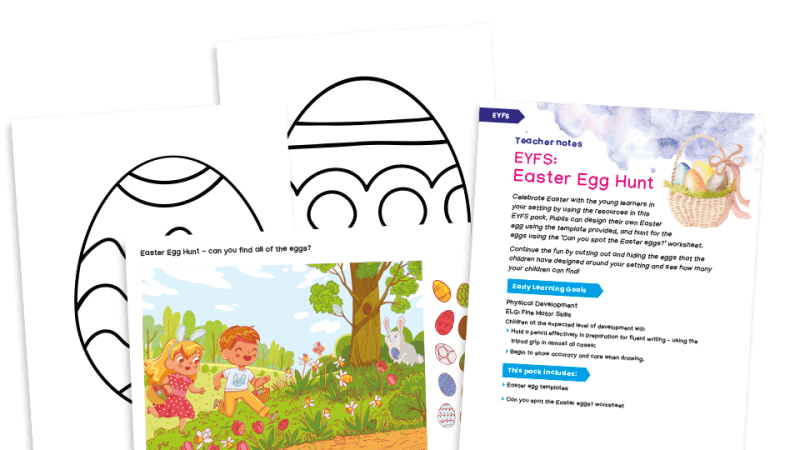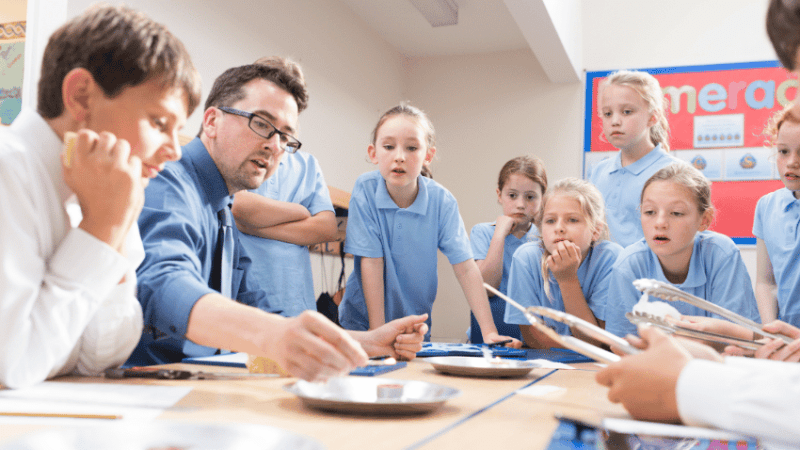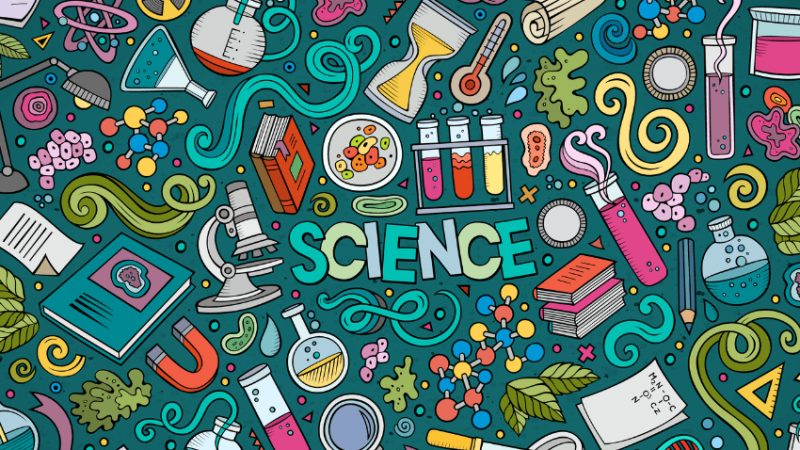Lockdown learning – ideas for primary science Covid catch-up
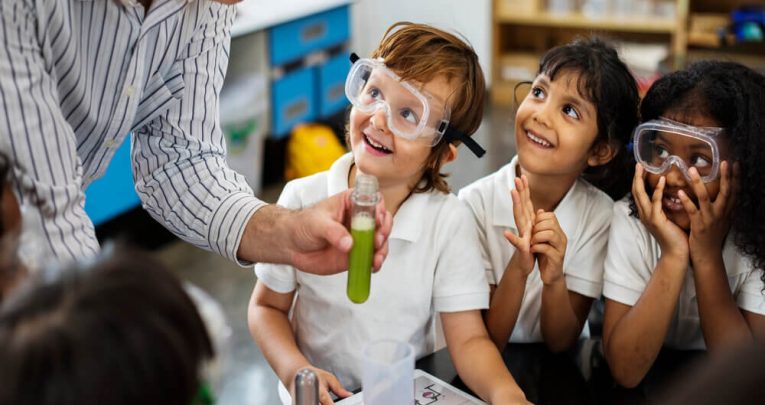
After 18 months of lockdowns and school closures, the best way to address science learning gaps is with enjoyable lessons, argues Caitlin Brown…
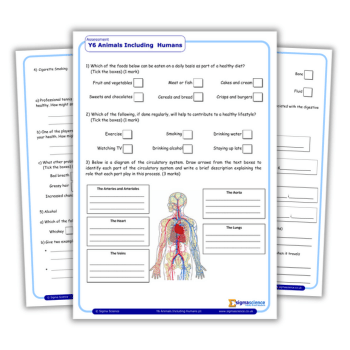
With the new term quickly approaching, many of us have already begun to think about the reality of post-pandemic education.
Supporting children with their learning recovery and helping to fill any gaps following the national lockdowns and school closures is no doubt on most of your minds, but there has also been some scrutiny around the Covid-19 ‘lost learning’ narrative and the pressure this is putting on children – particularly primary school pupils.
Science education was uniquely impacted by the shift to remote learning during the pandemic, in part due to the need for specific equipment and resources to carry out some science lessons.
According to one survey, around 35 per cent of UK primary teachers working in areas of low deprivation reported difficulty translating the science curriculum to the home learning environment – a figure which rises to around 55 per cent and 60 per cent in areas of moderate and high deprivation respectively.
As a result, many young children have missed out on essential science lessons during this period, especially those from disadvantaged backgrounds.
Spark a passion for science
After a prolonged period of uncertainty and disruption, it’s time to put the joy back into science learning for young children and incite a genuine enthusiasm for scientific discovery in the classroom.
The best way you can support primary pupils with their science education recovery is through practical, project-based learning.
Practical projects give pupils the opportunity to work through investigations and learn by trial and error, helping them to develop a host of lifelong skills and scientific knowledge.
They can also help to make the learning experience more fun, relaxed and interactive, better enriching pupils’ understanding.
Get creative
Creative project-based learning helps to develop teamwork, problem solving and communication skills, and young scientists can work through all kinds of practical activities to achieve this.
You could use the CREST Awards to get groups of pupils investigating different shaped and coloured bubbles, for example, and thinking about liquids and gases.
This is just one activity that encourages children to work together, discuss their ideas and overcome challenges to complete the task, helping them to connect with science and each other.
Creative project-based learning is also highly accessible, as the versatility of practical projects means that pupils of all learning styles, levels and backgrounds can take part and flourish.
You could, for example, ask pupils to work in teams and experiment with glue recipes to find the perfect concoction. This hands-on project requires no previous knowledge or skillset – all pupils need is enthusiasm, determination, curiosity and a willingness to work together!
Project-based learning offers young people a fantastic gateway into science and is a great way to rebuild skills after an extended period of remote or compromised learning.
Include wider interests
As you know, primary children are at a wonderful age of discovering the world around them and they can often develop an interest in topics they are constantly learning about.
Why not play on this enthusiasm and curiosity in their science lessons by assimilating experiments with their personal passions?
For example, you may want to demonstrate the link between science and climate change and encourage primary pupils to take part in a school climate change challenge.
Here, pupils can design and create their own wind-up band roller to assist in powering some of the technology that we rely on today. Their inventions could help to fuel the environmental revolution!
Tasks like these can inject enthusiasm for science into the classroom and demonstrate just how much science impacts our daily lives. They can help young people to make better sense of the world around them, too, as they are encouraged to explore their surroundings.
Practical experiments can be effective tools for boosting primary pupils’ science learning and enjoyment as we return to school post-pandemic.
They can help to spark excitement, build important lifelong skills, consolidate learning objectives and take the stress out of any education catch-up. Above all, they can help to inspire a new generation of budding scientists!
Caitlin Brown, is the education manager at the British Science Association (BSA). Find out more about the BSA’s CREST Awards on Twitter at @CRESTAwards, or at crestawards.org.







